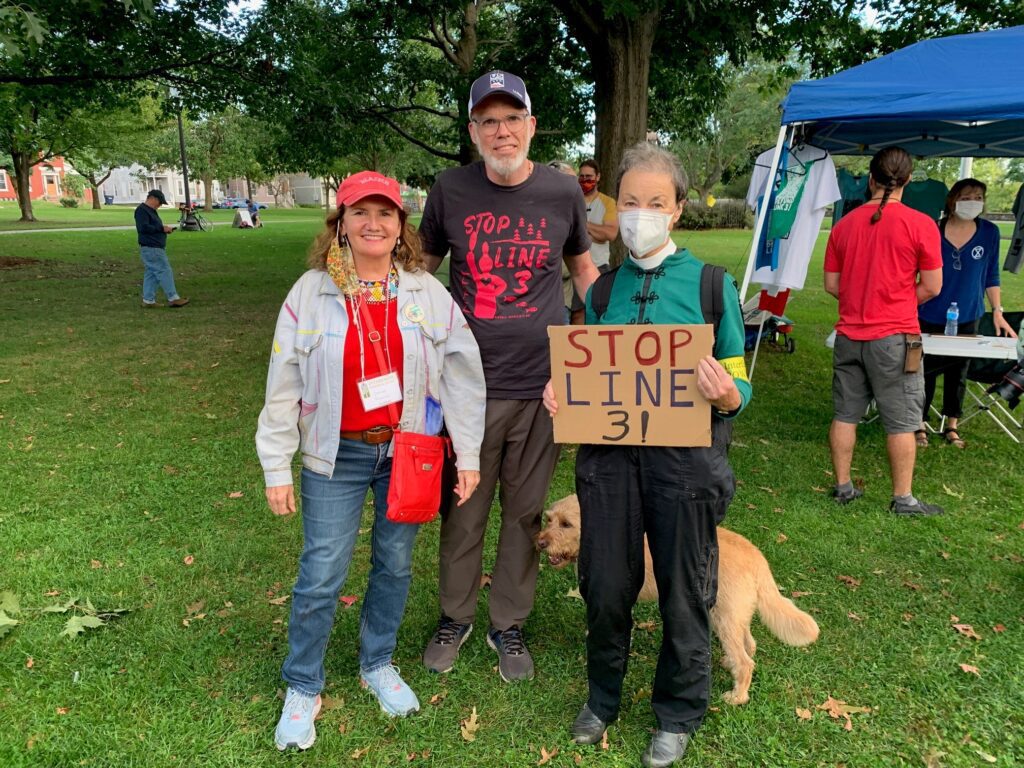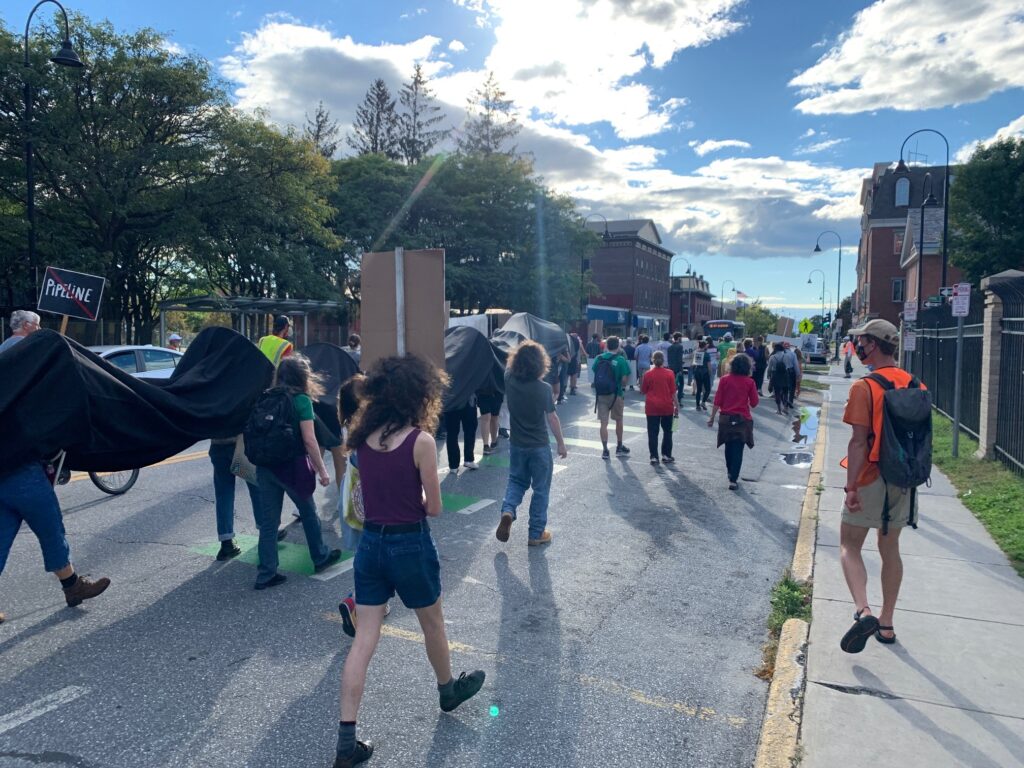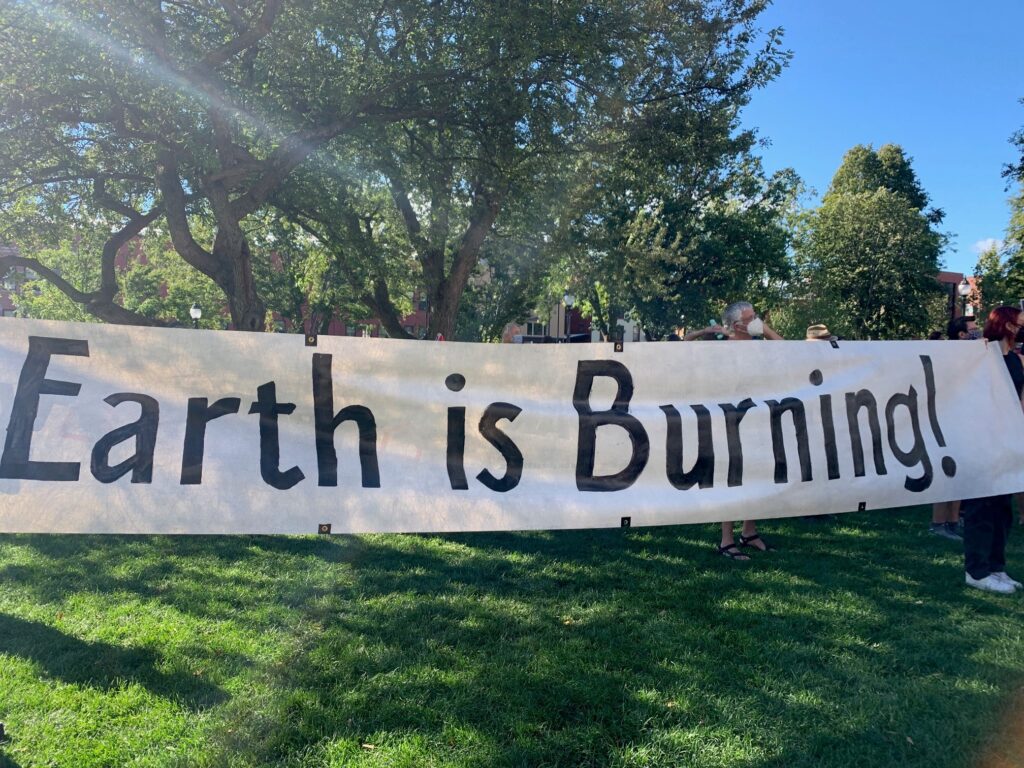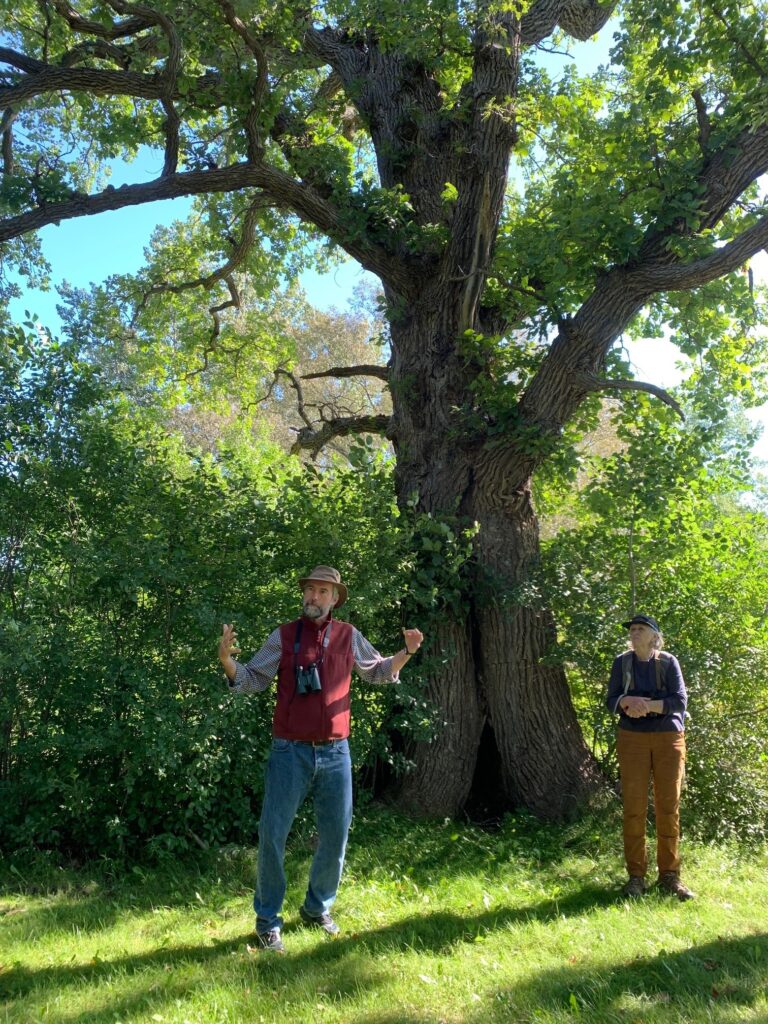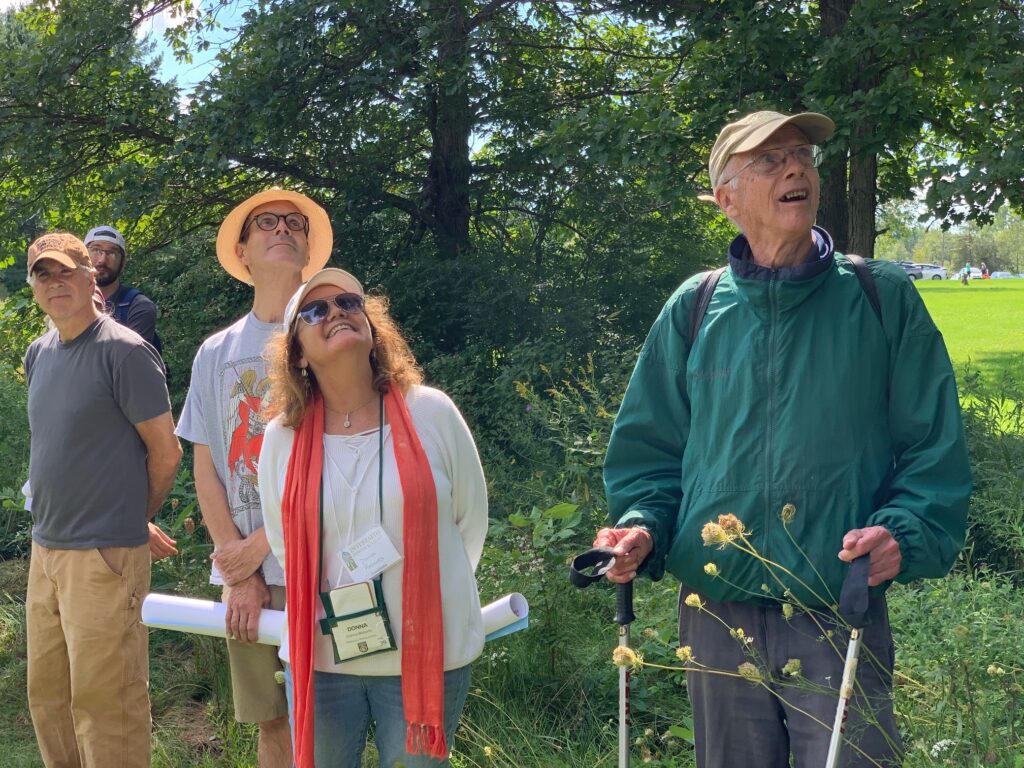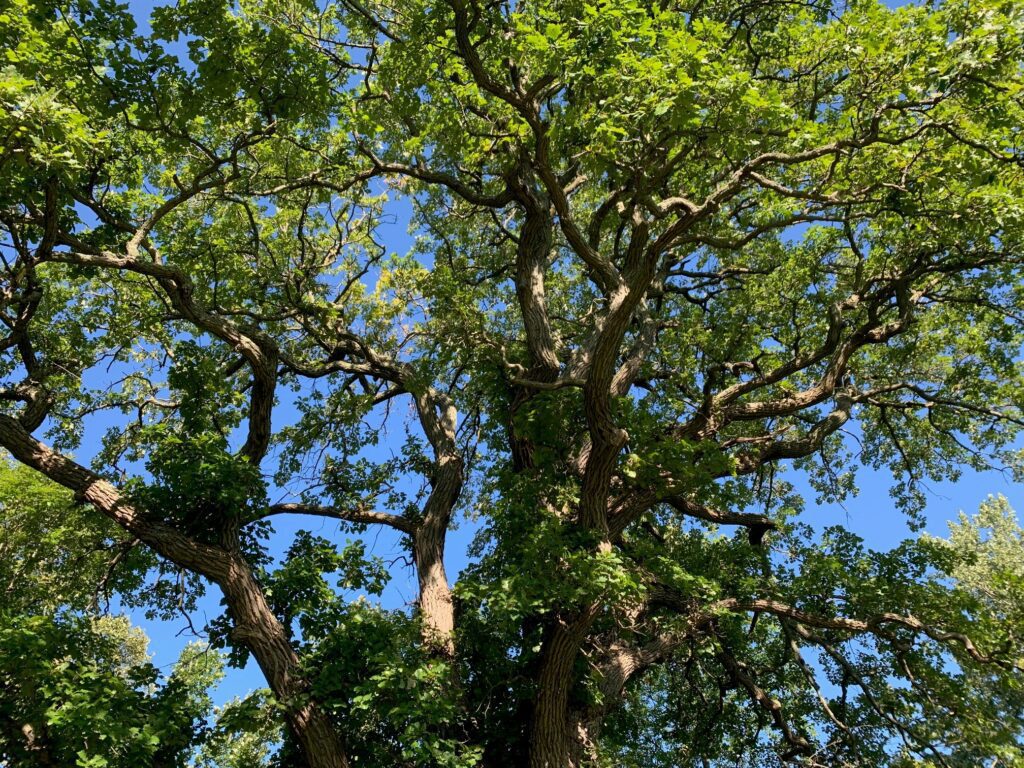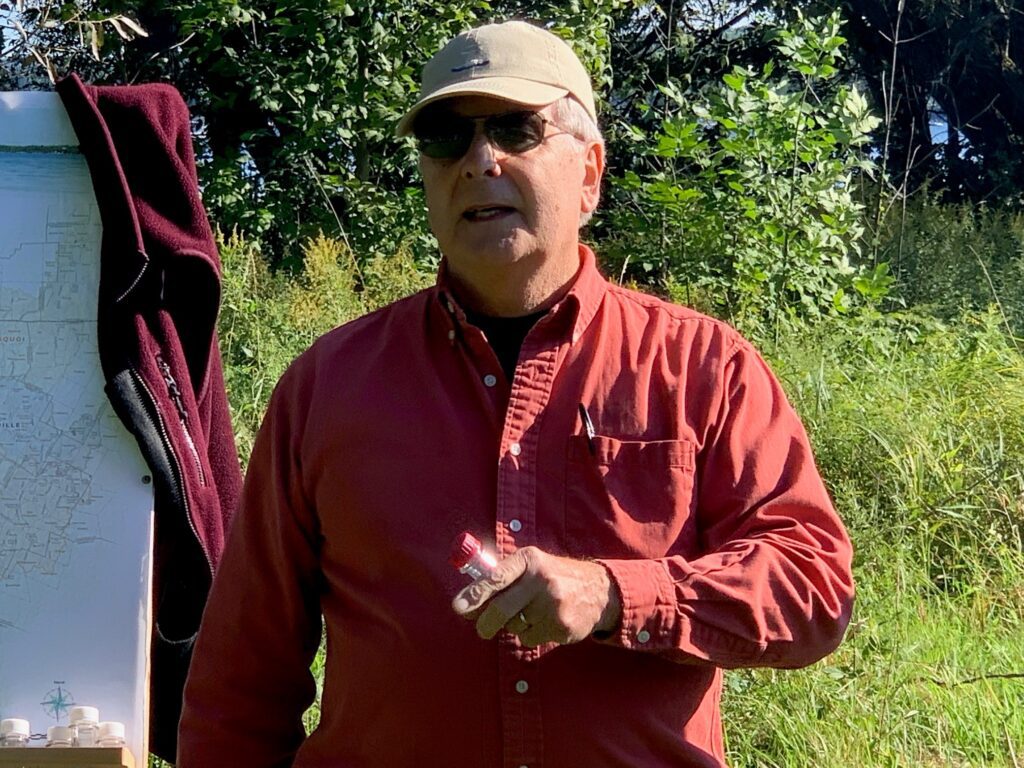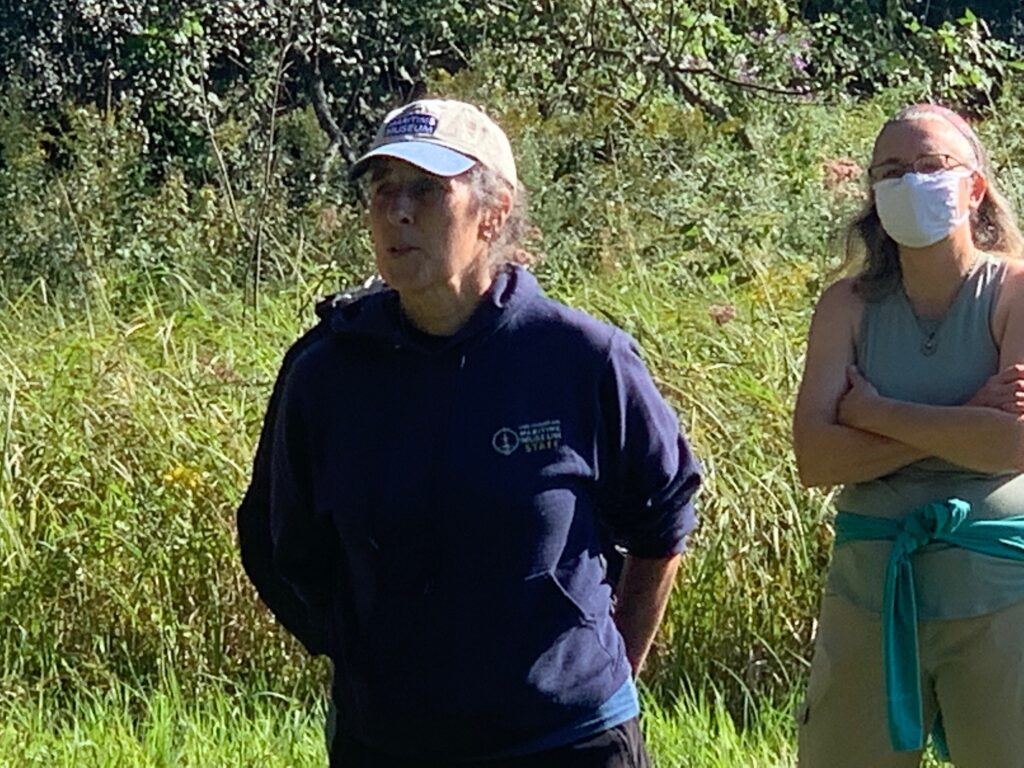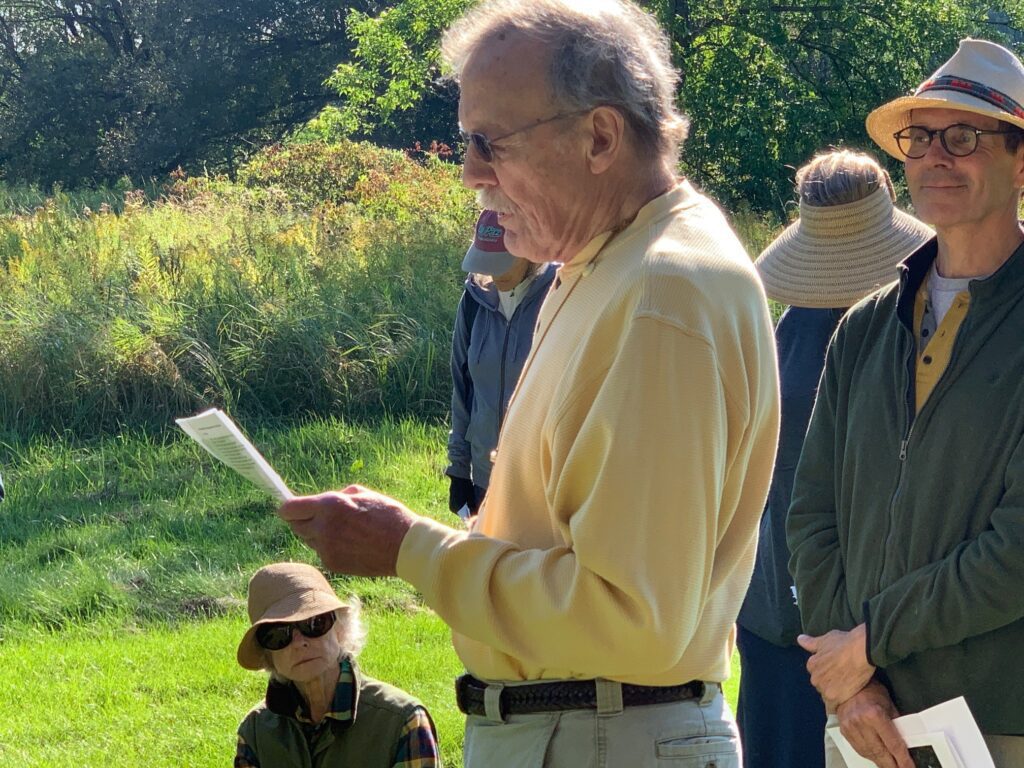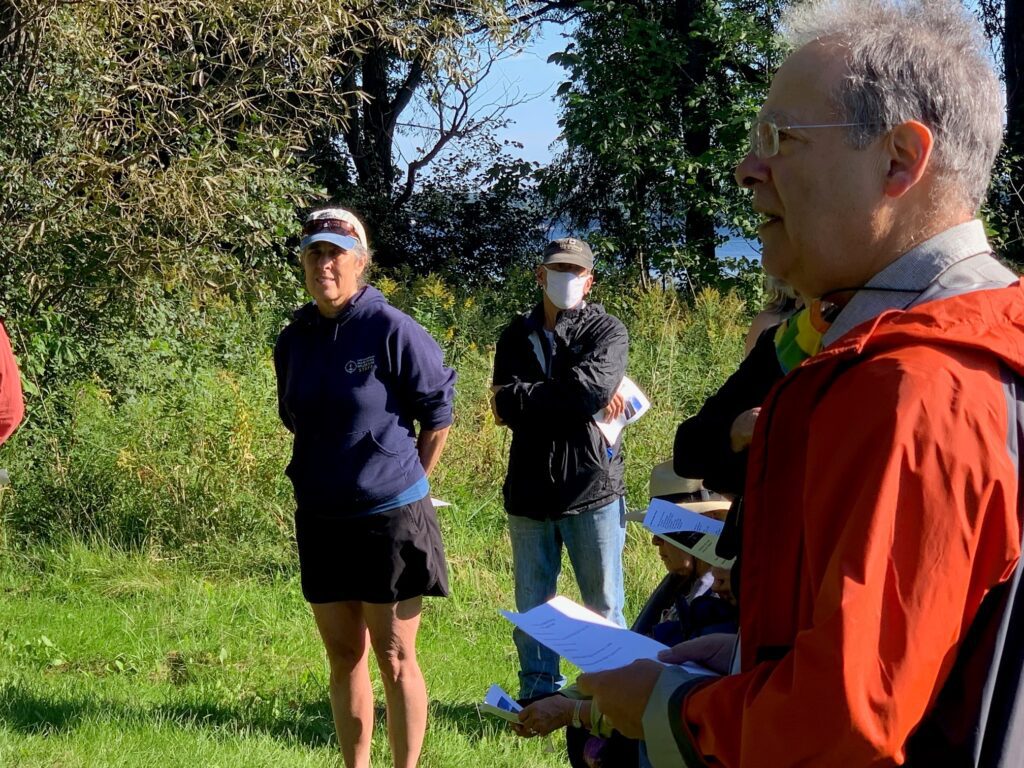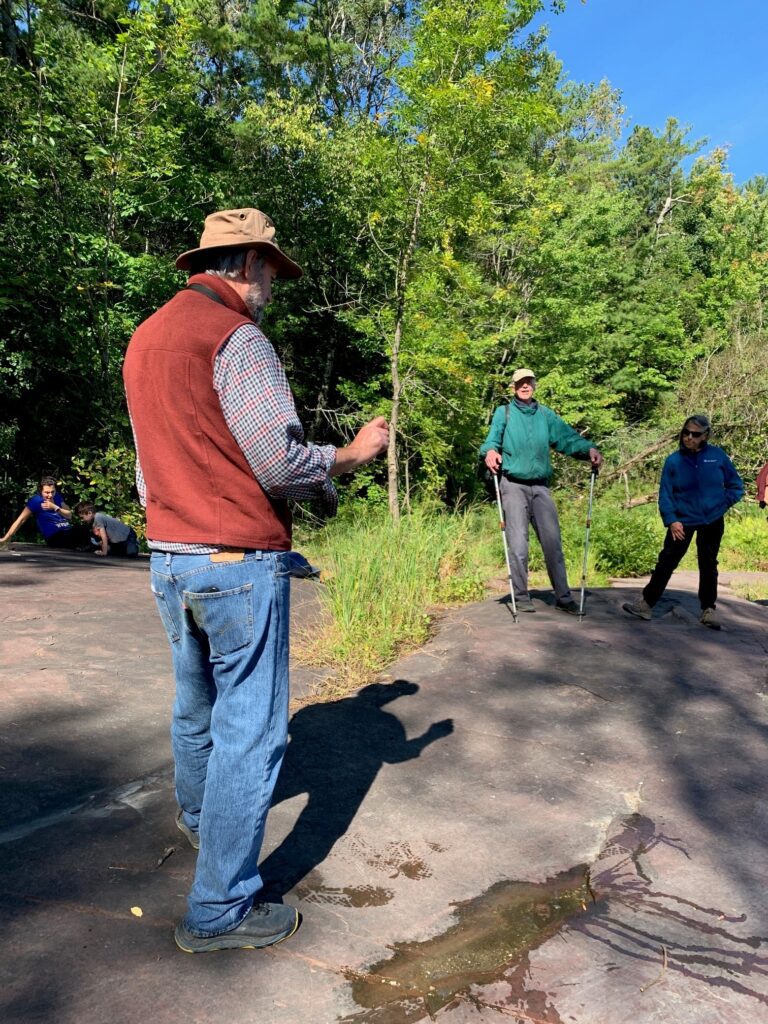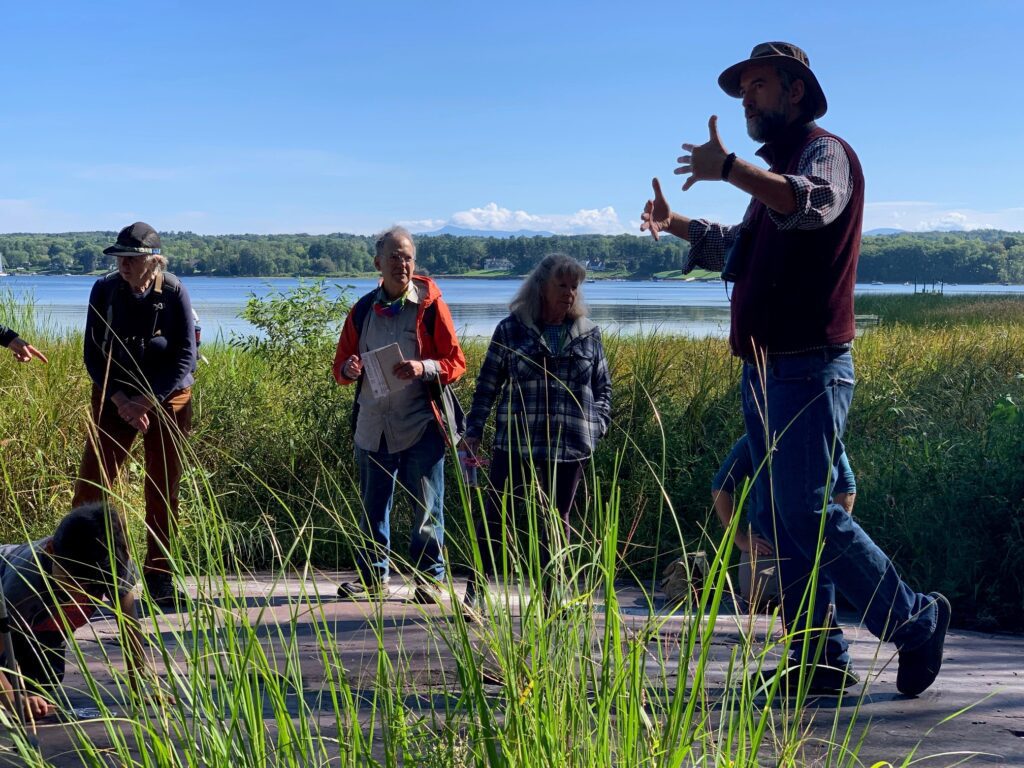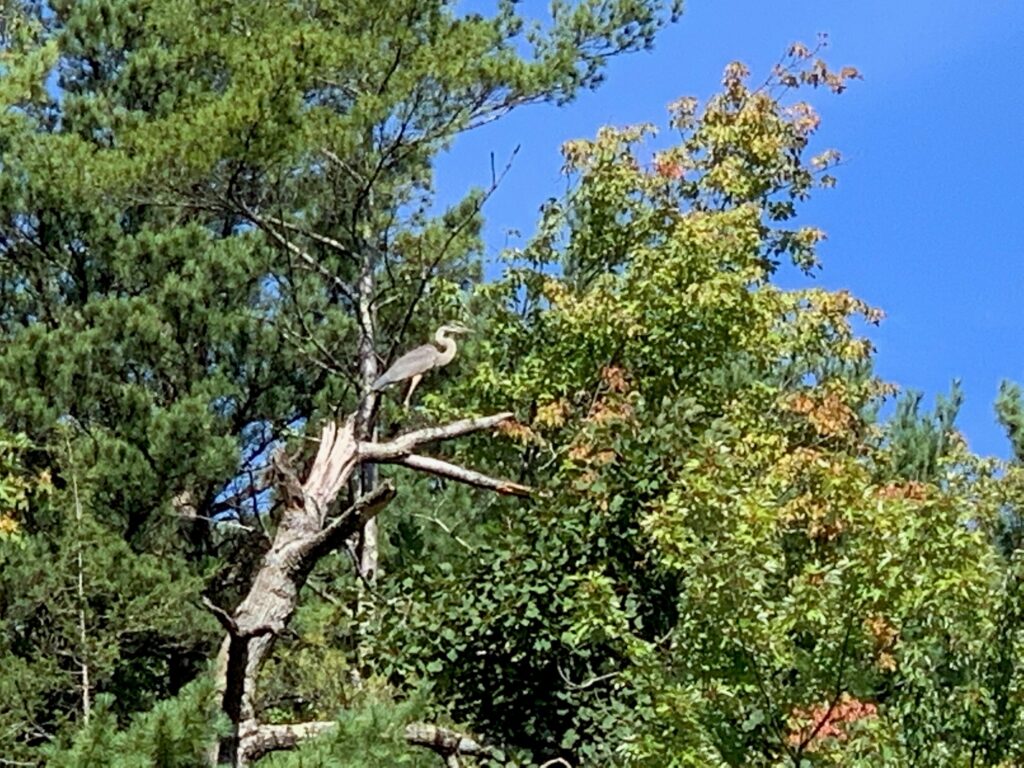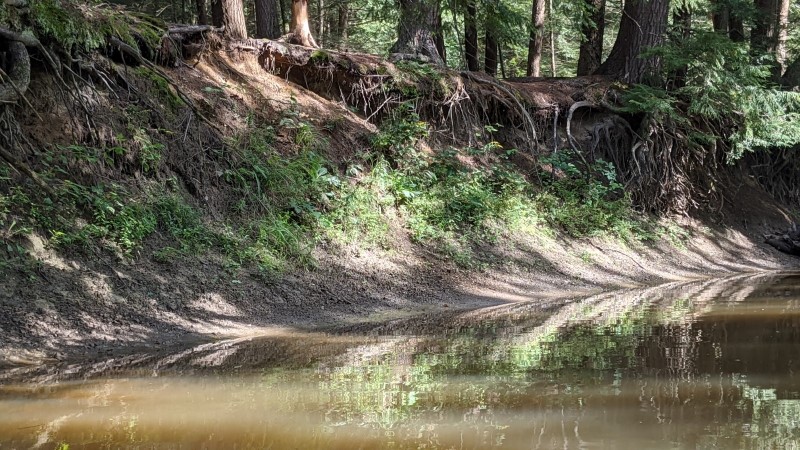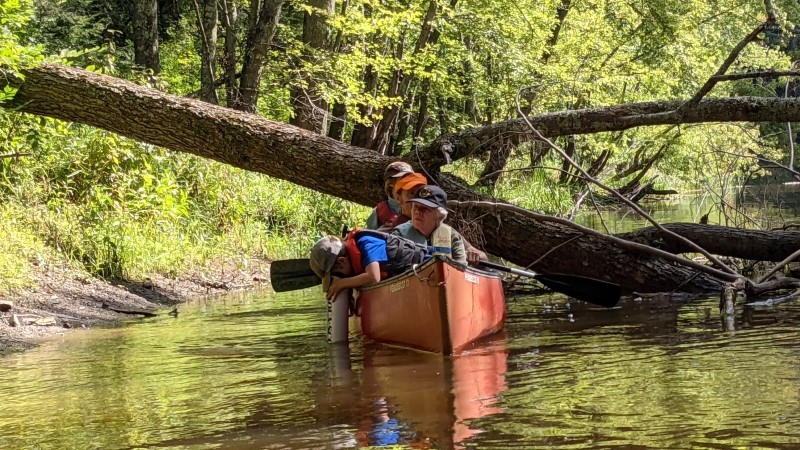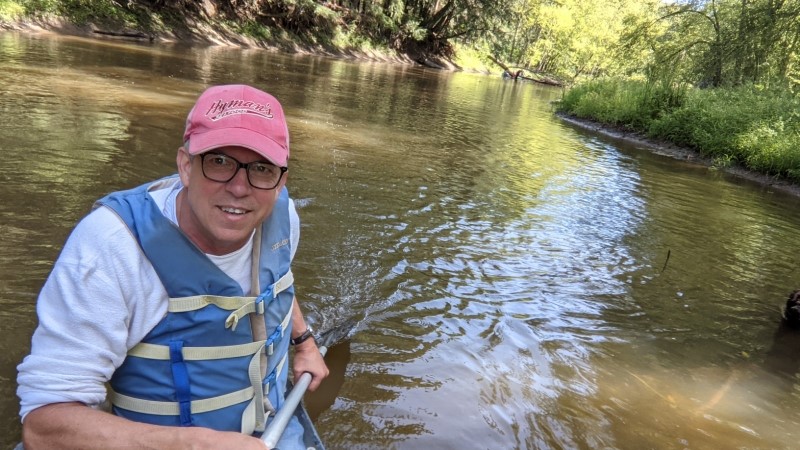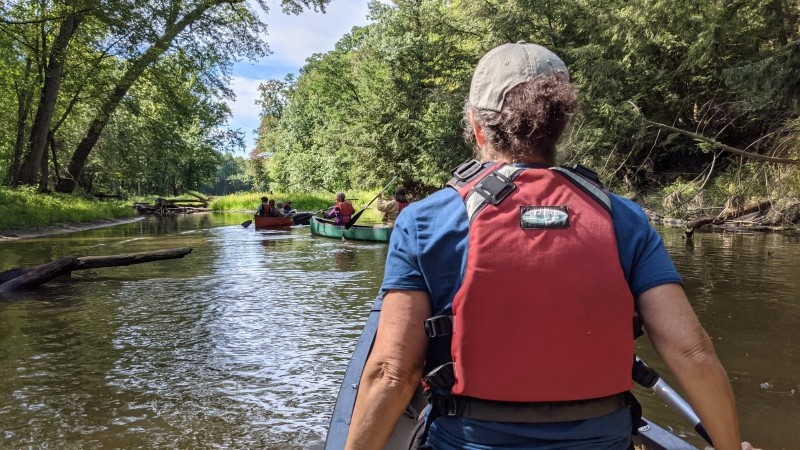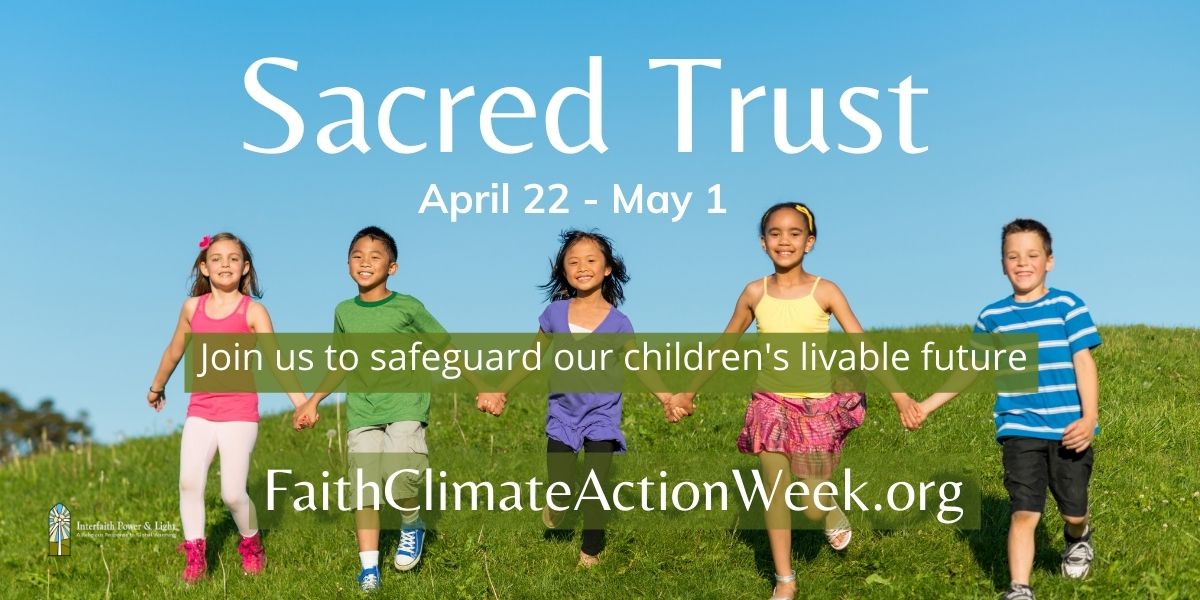Articles, Reflections, Past Events
Reflections on Hurricane Ian by VTIPL Coordinator Donna C. Roberts
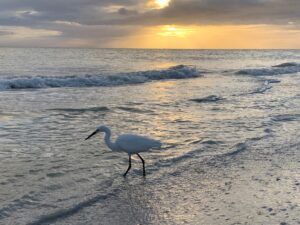
Many of us have watched in horror as family and friends in Florida experienced the impacts of Hurricane Ian, a Category 4 storm, among the strongest in U.S. history. Thankfully, our family there is safe.
I lived in southwest Florida for 12 years, having moved from Montréal to Sanibel Island in late 2001. My rationale was to attend graduate school at Florida Gulf Coast University, a college founded on and grounded in sustainability. All undergrads were required to take the Colloquium, a course in ecological literacy. I studied environmental sciences with a focus on international environmental education. Led by extraordinary and passionate professors, I trekked through cypress swamps to learn about ecosystems and counted plant species in plots in an Oak Hammock, my favorite outdoor classroom. A few years later, I took my own students there. We visited Babcock Ranch, which at the time was being developed as a sustainable community of the future. As you have read in this newsletter, residents of Babcock Ranch survived Hurricane Ian with barely a flicker of lights during the storm’s peak.
Sanibel was a very special place to call home. The island municipality was among the first “cities” to adopt the Earth Charter Initiative. Unfortunately, it was rescinded when some residents noticed it focused as much on social justice, equity, and peace, as on preserving nature. Members of the official city committee formed non-profit ECOSanibel – Earth Charter of Sanibel.
I was proud to serve with that organization, hosting panel discussions and regional summits, and representing it at international meetings.
Hurricane Charley hit Sanibel in August 2004, ripping a hole in my roof and in the community. Two evacuations later, we realized that living on a barrier island was for the birds…and gators, sea turtles, etc. Certainly not humans. I had known it was not a sustainable place for the long-term, but it was a sanctuary for me and my young son. Many days, a tandem bicycle was our transportation, colorful flip flops our footwear. Literally considered a sanctuary island, 2/3 of Sanibel is protected nature preserve. The Sanibel Plan makes sure no building is taller than the highest tree, dark skies ordinances keep nesting sea turtles safer. Native plants are the norm. A 1960s Dairy Queen is the only fast-food franchise. It was a sweet place to call home and a fertile field laboratory for my studies.
Sanibel brought many blessings. On my first Thanksgiving on island, I met my future husband at a communal dinner on the beach. Nine years later, we married in the sand in front of The Island Inn, built in 1895.
These days, the rituals look different in southwest Florida.
My husband’s - our – adult children and grandchildren have suffered terrible impacts from Hurricane Ian. They live in Fort Myers. Our son, his wife who moved there from New York, and their two little girls lost their canal-front, low-lying home. On FaceTime the night before the storm, we urged them to evacuate. Our son said it would be just another storm; the media always overblows these things. They have a generator; they would be fine. Not to worry. Our daughter, her husband, and little boy, live in a nearby canal-front home. The same pre-storm evening, she also reassured us. Her electric storm shutters close with the push of a button. They would be safe. Both adult children joked that we were worried for nothing. My husband reminded them that when they were young, he evacuated the family prior to Hurricane Andrew. And how we all left for Hurricane Charley. You can never be too cautious, he said.
The next day, we followed Fort Myers news in horror as the storm approached, taking the same path as Charley, as we feared. Reports indicated that high tide would coincide with the arrival of the second wall of the hurricane. Then the streaming news channel was knocked off air.
All we could do was pray.
Pray that that they evacuated.
Pray for their safety.
We also pray that they listen to sound science not politics.
Florida’s governor has banned use of the term climate change. The state’s economy, based on tourism, retirement, and real estate, relies on good weather, calm water, sunny skies, white sand. When I lived there, before the public heard too much about climate on a regular basis - though I certainly did in the classroom (and remember being dismissed by a realtor when sharing an article about climate risks in Florida) - red tide and dead zones in the Gulf of Mexico became unmentionable, politically incorrect.
ECOSanibel helped connect the dots about environmental crises working with allied organizations, scientists, and filmmakers. Evidence demonstrated that agricultural runoff from lands bordering Lake Okeechobee flowing down the Caloosahatchee River to the Gulf of Mexico was the culprit of red tide. Of course, one could smell the stench of dead fish miles away, not to mention stepping over them on daily beach walks. A dolphin washing ashore finally got people’s attention.
The Deepwater Horizon oil spill in the Gulf of Mexico did, too. With our local PBS station, I made a film about the disaster, “Sea of Uncertainty”, how it affected people and wildlife, how communities weren’t prepared should oil wash ashore. How even the threat of oil impacted communities and economies. Wildlife from Louisiana and other shores were sent to Sanibel’s J.N. Ding Darling National Wildlife Refuge to be rehabilitated.
While our family members are safe, they’ve had to take refuge elsewhere. Our son’s home is ruined. They say there was about 4 feet of water after the storm surge. They plan to tear it down and build an elevated house on stilts on the same lot. They think that will be safer. We hope they’re right. Our daughter’s home had minimal flooding, but enough to cause mold which will need to be remediated. The two families lost three vehicles.
Passage to Sanibel - where they work in restaurants and realty – has been restricted to boat and air for rescue and repair after several portions of the causeway island bridges collapsed in the hurricane. This week, they repaired it well enough to allow emergency and utility vehicles to pass. Next week, residents will be able to cross.
They will rebuild. The houses, hotels, condos, and multi-million dollar waterfront villas…many no longer insurable.
After Hurricane Charley damaged our home, and subsequent evacuations led us to live in Fort Myers, we ultimately moved to PA, then Vermont. It’s interesting that Vermont, northern Vermont, in particular, is being called a climate refuge. I remember hearing the same years ago about the Laurentians north of Montréal. This is not new science.
How will we in Vermont, New England react when more and more people need to move here for safety? COVID made us a haven for people escaping big cities, and home prices have skyrocketed. Yet we already lack sufficient affordable housing. Where will the climate refugees go? How do we take care of ourselves while also welcoming those in need?
As Anne Morrow Lindbergh writes in her poignant, “Gift from the Sea” (written on Captiva Island just north of Sanibel), we must have “patience and faith”. Patience to plan, build, heat, and travel with climate change top of mind. And faith to make decisions for the good of all, especially the most vulnerable. Faith that together, be it in community gardens, solar fields, or advocating for bold climate legislation, we are more effective, resilient and joyful than acting as individuals. May we care for creation and each other.
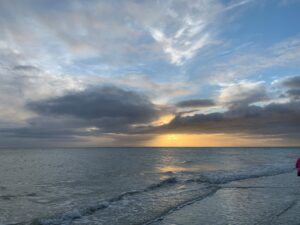
Information and Photos from Past Events
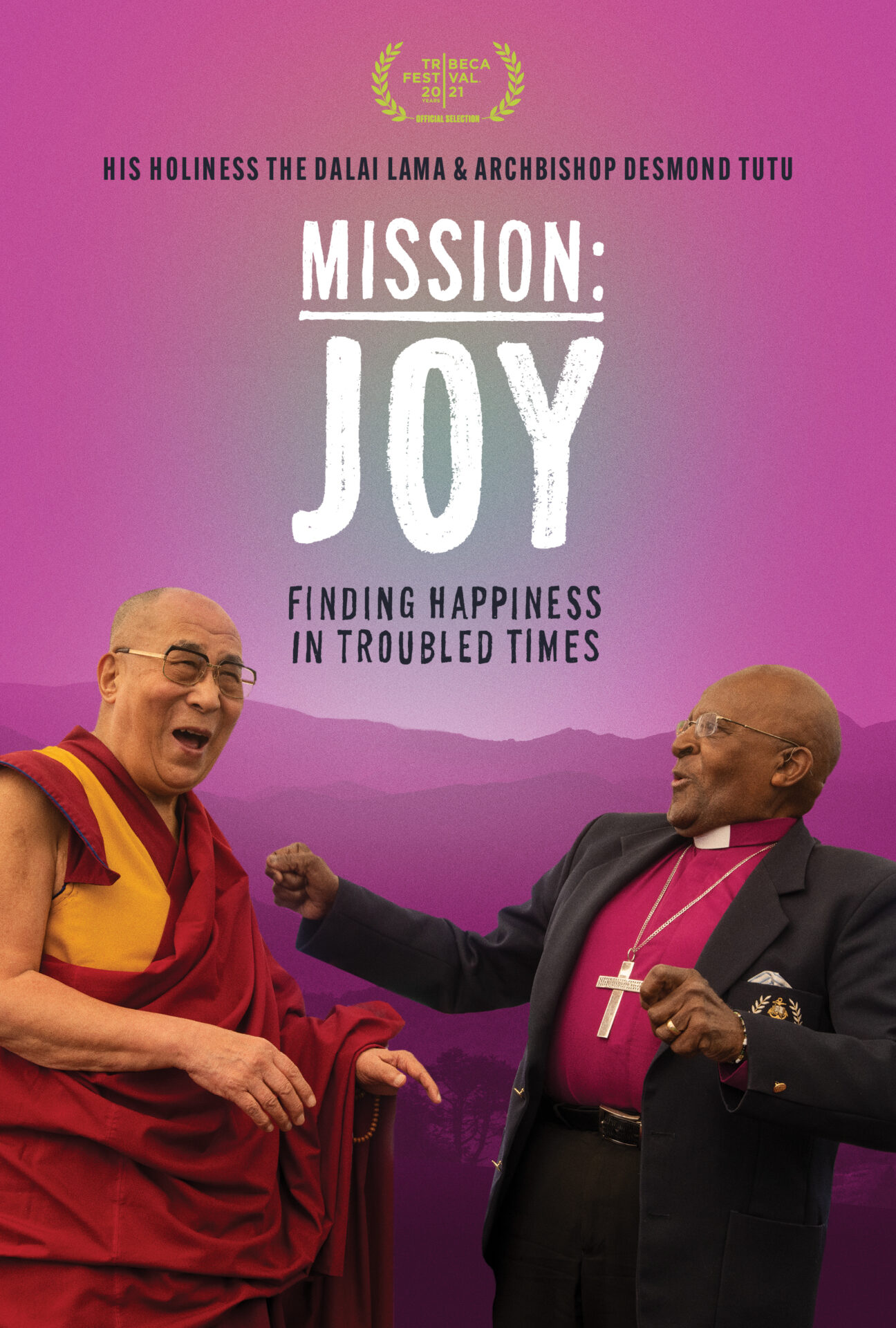
Film Screening and Conversation
"Mission: Joy"
To close the year, VTIPL hosted a special screening of "Mission: Joy," a film about finding happiness in troubled times, featuring His Holiness the Dalai Lama and Archbishop Desmond Tutu. Following the film, Pastor Nancy Wright, pastor of Ascension Lutheran Church in South Burlington and VTIPL Vice-President, facilitated a conversation.
You can visit the film's Facebook page https://www.facebook.com/missionjoyfilm for more about the film.
Archbishop Desmond Tutu passed away on December 26, 2021, at the age of 90, shortly after VTIPL presented the film, Mission: JOY, about the extraordinary relationship between Tutu and His Holiness The Dalai Lama…and their fabulous laughter! Tutu, who played a key role in ending apartheid in South Africa and led South Africa’s Truth and Reconciliation Commission, was also a climate activist.
On Being with Krista Tippett recently shared a wonderful 2010 interview with Nobel Laureate and Archbishop Emeritus of Cape Town Tutu. Listen.
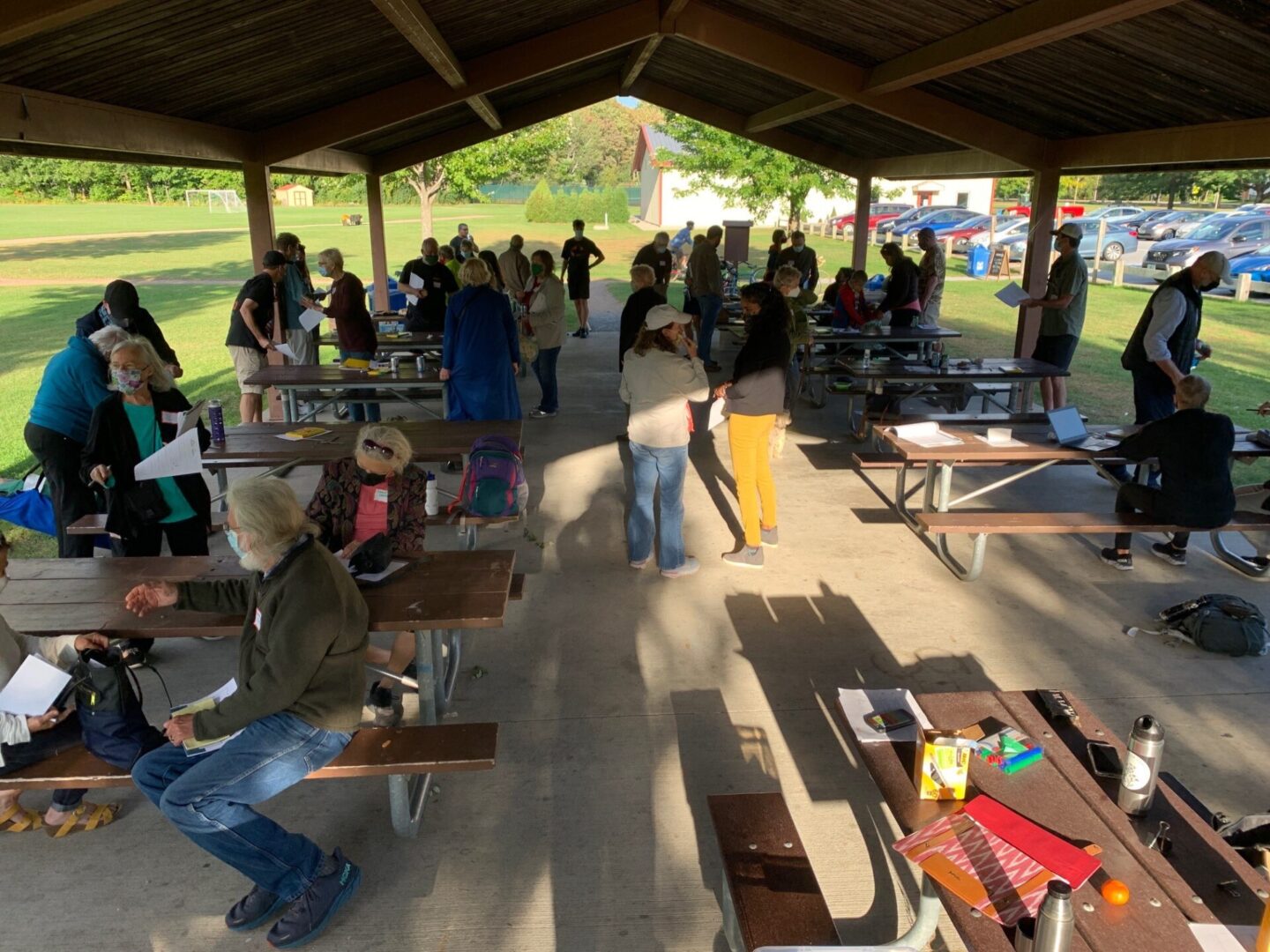
The Vermont Climate Council adopted the initial Vermont Climate Action Plan at the beginning of December 2021. They state that the plan will help Vermont meet the emissions reductions requirements outlined in the Global Warming Solutions Act and prepare for the impacts of climate change.
The Council has made the full plan and a summary available to the public.
Initial Climate Action Plan - Final - 12-1-21 VT CAP Summary_Final_0
More information can be found at https://climatechange.vermont.gov/
A letter written on behalf of fifteen Vermont-based organizations representing tens of thousands of Vermonters and hundreds of Vermont businesses, was sent to the Vermont Climate Council at the beginning of their work. It urged adherence to the principles it contains as they went about their incredibly important work.
Read the letter here: 2021-10-04 Act on Climate VT coalition VCC letter
On September 27th, VPIRG hosted a webinar/panel discussion with several members of the Vermont Climate Council, moderated by VPIRG’s Ben Edgerly Walsh, to discuss this process. You can view a recording of this event at https://youtu.be/EABwP1g4EPY.
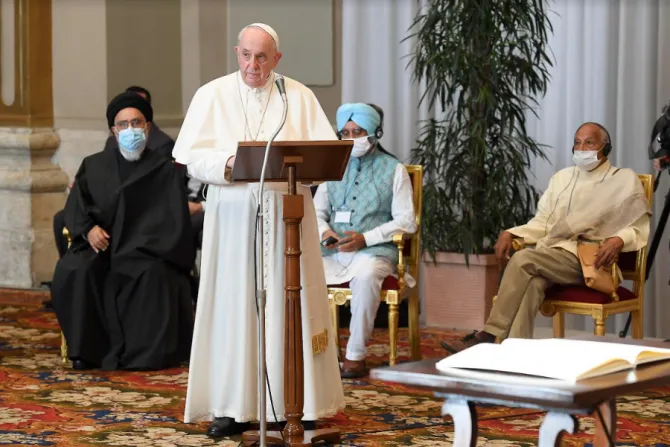
“Faith and Science: Towards COP26.”
On October 4, the feast of St. Francis of Assisi, the Vatican organized “Faith and Science: Towards COP26.” This day-long gathering brought together religious leaders and scientists to issue a joint appeal for COP26, the 26th United Nations Climate Change Conference, which will be held November 1-12 in Glasgow, Scotland. At the meeting, they released a joint message saying that “The world is called to achieve net zero carbon emissions as soon as possible, with wealthier countries taking the lead in reducing their own emissions and in financing emission reductions from poorer nations.” Learn more from the Vatican News, Reuters, EarthBeat, and the Catholic News Agency. Read Pope Francis’ address here. Watch the broadcast here.
(from the October 2021 Newsletter of the Yale Forum on Religion and Ecology)
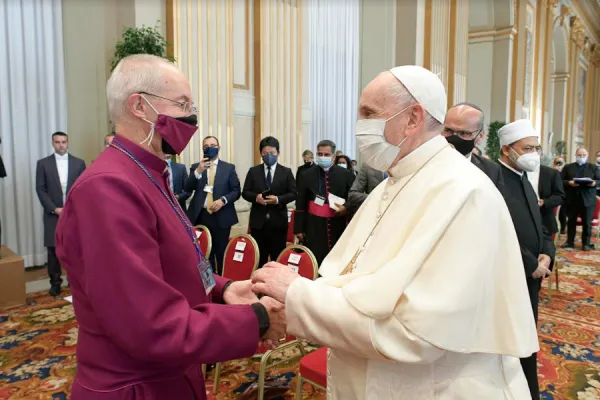
Climate: What Can We Do?
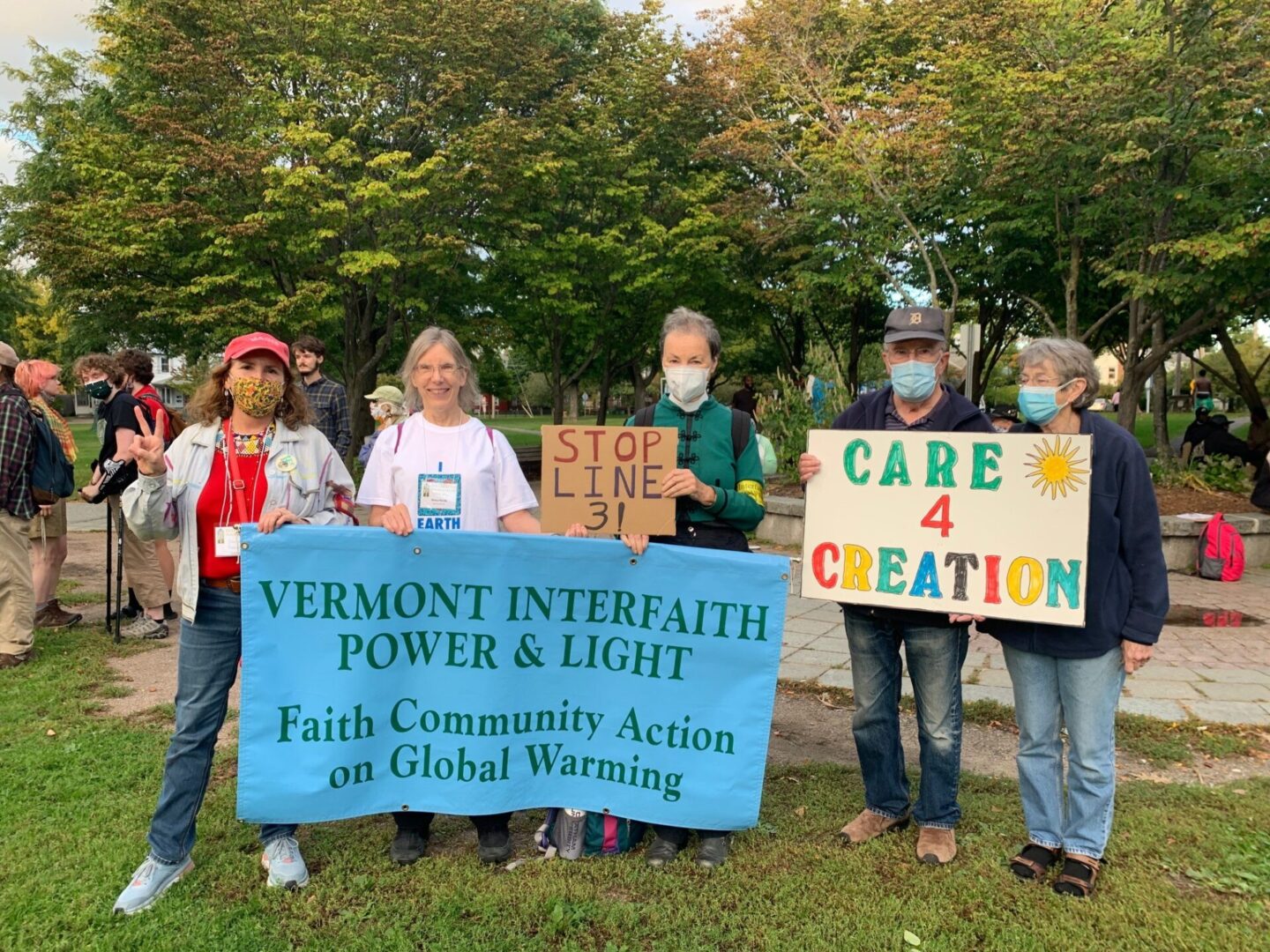

VTIPL had strong representation at this recent event. Though it is in the past, the effort to stop the pipeline continues, and VTIPL will continue to share updates and action suggestions around this issue.
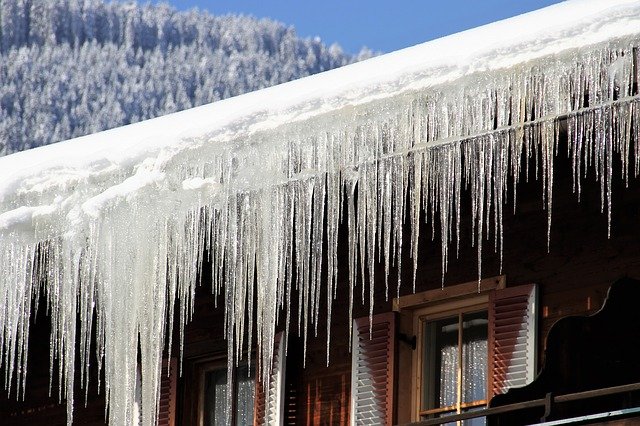
BUTTON UP VERMONT
Preparing for winter is an annual event for Vermonters. Maybe this year is the time for individuals and faith communitites to explore how weatherization is an important tool in our effort to address our personal and house of worship climate footprints. Efficiency Vermont has a program to help you do that. For the month of October, Button Up Vermont offers ideas, contacts, and support for Vermonters as they prepare to deal with the cold, snow, and ice that winter is sure to bring. Vermont Interfaith Power and Light is exploring the possibility of offering an event for faith communitites to learn about this program. In the meantime, get started on your own by visiting their website at Button Up Vermont to learn more and get started on your personal or faith community's winter accomodations.
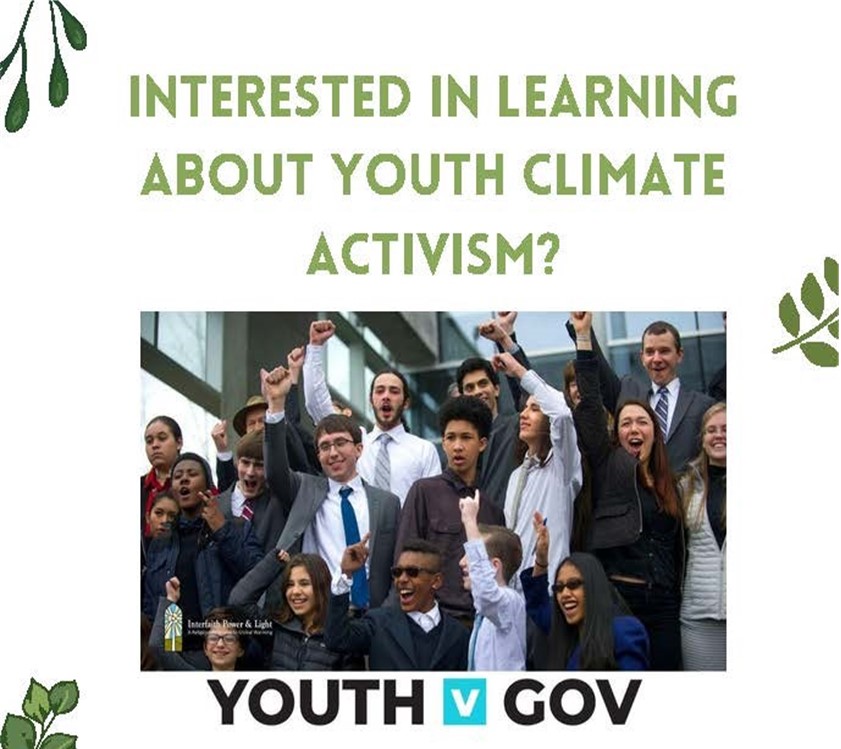
Youth v. Gov on Netflix
& VTIPL Youth-Led Panel Video Available
Our Spring offering of a virtual presentation of another compelling film, Youth v. Gov, followed by a panel featuring Vermont youth (led by VTIPL Board member Sylvia Burkman) took place on Thursday, April 14. The film is still available on Netflix. We are also happy to share the video of our youth-led panel discussion (see link below).
The film tells the story of 21 young plaintiffs who - since 2015 – “have been suing the U.S. government for violating their constitutional rights to life, liberty, personal safety, and property through their willful actions in creating the climate crisis they will inherit.” The film is about “empowered youth finding their voice and fighting to protect their rights and our collective future”. The film was offered thanks to an agreement between the filmmakers and national IPL.
You can still watch the film on Netflix, and then view our youth-led panel discussion at video of VTIPL youth-led discussion.
Celebrating Sacred Waters - September 11
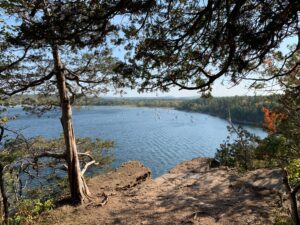
VTIPL and our partners* are thankful for those who participated and made our Celebrating Sacred Waters event a day to rejoice in the gift of Lake Champlain and our relationsjop with it.
Held on Saturday, September 11th, 2021
at Shelburne Bay Park
Participants spent a delightful day exploring Shelburne Bay, the LaPlatte River and the trails in Shelburne Bay Park.
There was an activity of paddling a canoe up river, exploring ecosystems on nature trails, or creating written or visual art based on individual observations. Educational and spiritual activities were guided by faith leaders, field naturalists, educators, artists, and other talented souls.
Our gratitude goes to the Lake Champlain Maritime Museum for providing the canoes, paddles, and life jackets, as well as the naturalist guide(s). Thanks also to UVM Professor Walter Poleman who led the trail walk.
We were honored to have Don Stevens, Chief of the Nulhegan Band of the Coosuk - Abenaki Nation (www.abenakitribe.org) join us to offer an Opening Blessing.
It was truly a fun day of community celebration and connection to our beloved Lake Champlain and the waters that feed her!

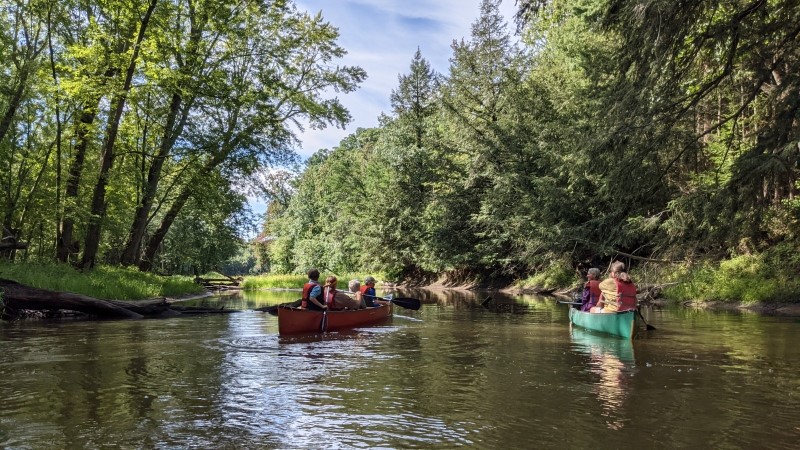
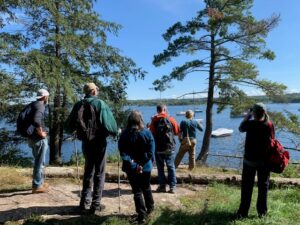
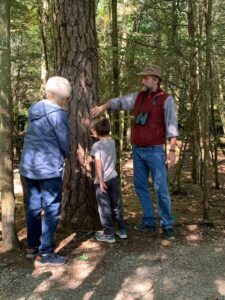
*Sponsored by:
All Souls Interfaith Gathering
Ascension Lutheran Church ; Clean Water Network
ECHO, Leahy Center for Lake Champlain
Lake Champlain Committee; Lake Champlain Maritime Museum
Lewis Creek Association
Vermont Interfaith Power & Light
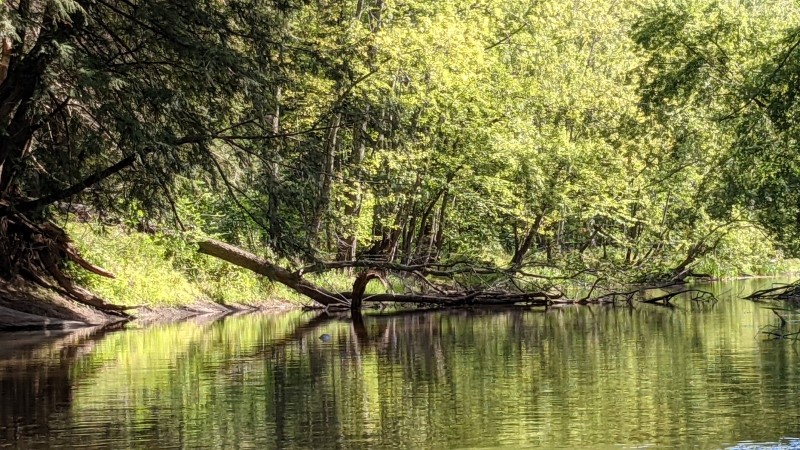
Photo by Katherine Lee
More PHOTOS from Our 2021 Day of Celebrating Sacred Waters
Canoeing the LaPlatte River - Photos by Katherine Lee
VTIPL’s Water is Life virtual event with film & panel discussion marks World Environment Day & World Oceans Day, Thursday, June 3, 7 p.m.
On Thursday, June 3, at 7:00 p.m. VTIPL hosted a special water - themed virtual film screening and panel discussion marking and celebrating World Environment Day and World Oceans Day.
Our event opened with a screening of the short film, “One Word –Sawalmem” about indigenous perspectives on water in a beautifully moving story about the West coast Winnemem Wintu tribe (Mt. Shasta, CA) and their activism to save wild salmon.
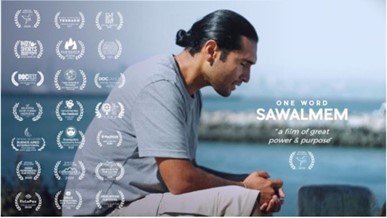
After the film, we were joined by panelists: Jon Groveman, Vermont Natural Resources Council’s Policy & Water Program Director who shared about the Council’s campaigns to keep PFAS out of our water supplies (see more information on this from VNRC at About PFAS ); VTIPL Vice-President Rev. Dr. Nancy Wright, waterkeeper and author of the Watershed Stewardship Manual, and two of the filmmakers, Michael "Pom" Preston and Natasha Deganello Giraudie. See bios of the panelists below
Watch a trailer for the film here: One Word Trailer
For more information, please contact VTIPL Coordinator Donna Roberts: info@vtipl.org
A Gift from the Filmmakers
In addition to the film viewing on the day of the event, the filmmakers are making available to VTIPL friends a one-week access pass to view the film. Follow this link to the filmmakers' site and a special "VTIPL gift” page:
https://www.rosaguayaba.earth/vtipl
and enter your email address. You will receive 7 days of access from the day you register.
VTIPL has also made available a recording of the virtual community conversation portion of our June 3rd Water Is Life! event which followed the showing of the film One Word - Sawlamem. This recording can be accessed at Water is Life!, using the access code @p3FsG5d. We suggest you watch the film first and then view the conversation.
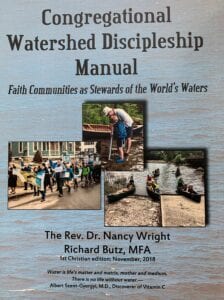
Water Is Life Virtual Event
About Our Panelists
One Word - Sawalmem Co-director Michael "Pom" Preston is a member of the Winnemem Wintu tribe and the son of the current tribal chief, Caleen Sisk. He grew up going to his tribe’s sacred places and has been dancing in the Winnemem way since he was four years old.
One Word - Sawalmem Co-director/Producer Natasha Deganello Giraudie is a mother, filmmaker and teacher of nature practice. She helped to pioneer the micro-documentary genre for humanitarian movements, filming in more than 30 countries and reaching expansive audiences with her work. Her experiential nature meditation film, Inmanencia, released in 2019, was selected for festivals around the world from Boulder to Buenos Aires to Bhutan, where it won the Audience Choice Award.
Jon Groveman, Vermont Natural Resources Council’s Director of Policy & Water Program, will share about the organization's campaign to keep PFAS out of our water. PFAS chemicals are linked to harmful health impacts including high blood pressure, thyroid disease, kidney and testicular cancers, and suppressed immune system function.
Rev. Dr. Nancy Wright, VTIPL Vice-President, is a waterkeeper, Co-author of the Congregational Watershed Discipleship Manual: Faith Communities as Stewards of the World's Waters, published with VTIPL support, and pastor of Ascension Lutheran Church in South Burlington, VT.
VTIPL’s Black History Month Event a Success!
VTIPL Film & discussion
Yemanja: Wisdom from the African Heart of Brazil narrated by Alice Walker
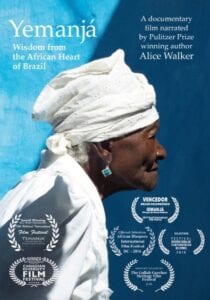
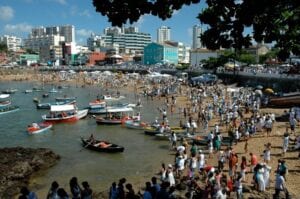
Nearly 60 friends gathered for our virtual event on February 23 to view and discuss the film Yemanja: Wisdom from the African Heart of Brazil. Narrated by Pulitzer Prize-winning author Alice Walker, the film explores the Afro-indigenous spiritual tradition of Candomblé in Bahia, Brazil, often called the religion of nature. Unique in traditional African religions, many of the most revered Candomblé communities are led by elder Afro-Brazilian women. The film’s director, VTIPL Coordinator Donna Roberts, introduced the film offering some background on the project’s long evolution commencing during her first trip to Brazil in 1997 (for the Rio+5 Forum on Sustainability.)
After the film screening, we were joined by panelists, The Rt. Rev. Dr. Shannon MacVean-Brown, Bishop of the Episcopal Diocese of Vermont, The Rev. Dr. Nancy Wright of Ascension Lutheran Church, and The Rev. Rachel Field of Mission Farm/St. Thomas and Grace Church. An unexpected guest was lawyer and prof. of Africana Studies Dr. Danielle Boaz of University of North Carolina, an expert in religious intolerance and violence in Brazil which she prefers to call religious racism.
The film Yemanja: Wisdom from the African Heart of Brazil is available OnDemand or DVD viawww.yemanjathefilm.com Read more about this event on our News & Events page.
Announcing The Bristol Community Solar Coop
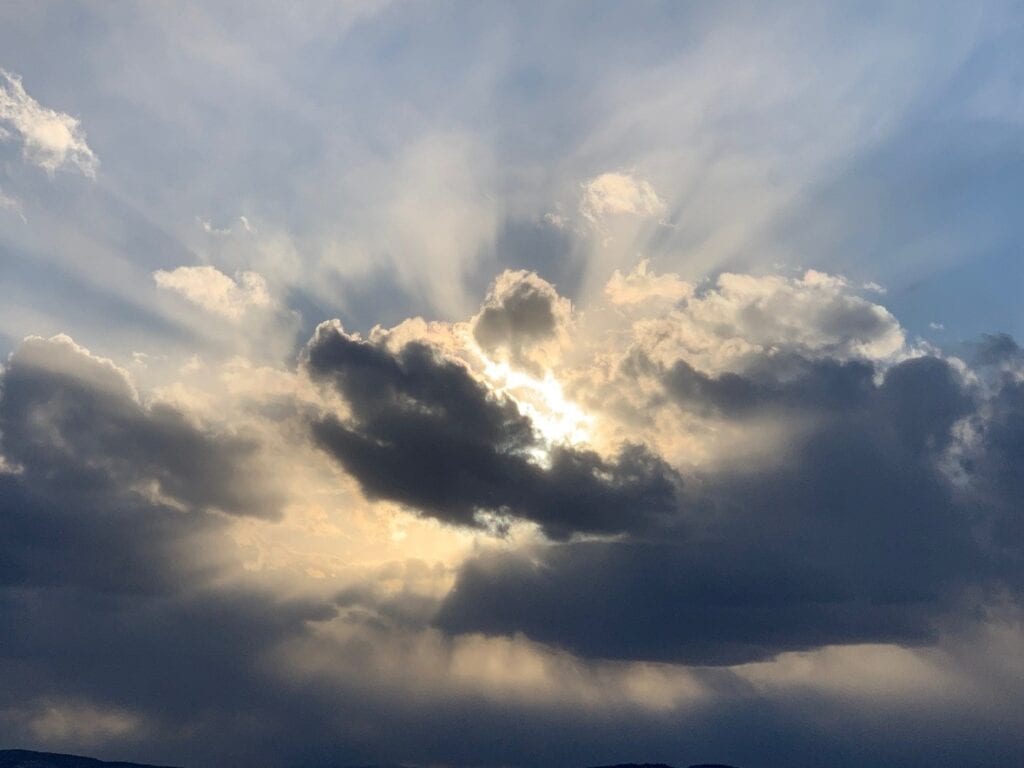
(Image courtesy of Donna C. Roberts)
The Addison County Interfaith Climate Action Network (ICAN) has invited VTIPL to collaborate in a groundbreaking project to engage the Vermont faith community in addressing climate change, reducing their electricity costs, and supporting an important Vermont-based racial justice organization.
The Project
Soon to be built on the capped former Bristol town landfill, a community-owned solar array will generate clean, sustainable electricity, and our communities are invited to participate. Individual investors and houses of worship may purchase units and become part of a co-op that will manage the system. Electricity generated will be allocated to Green Mountain Power; revenue will be credited to purchasers through their GMP electric bills according to Vermont State regulations. Information regarding the specifics is outlined in materials distributed by Acorn Energy Systems that will be shared with interested parties by email. Of the 1840 units available, 20% will be designated to ICAN and VTIPL to offer to faith organizations, their members, as well as friends of VTIPL who may not be members of congregations.
To participate in the charity component, faith communities, their members, and VTIPL friends who are Green Mountain Power customers will work with Acorn Energy Systems to determine their electrical need, and then sign up to purchase units. The unique part of this program is that VTIPL and ICAN purchasers will be asked to donate a tithe (10%) over the cost of the units, to support the Clemmons Family Farm, an African-American cultural organization located in Charlotte.
This is a project with a minimum 25-year lifespan and the opportunity to stabilize electricity costs, leading to low-cost electricity.
As this is a limited opportunity, interested congregations and individuals should contact VTIPL/ICAN Coordinator Richard Butz as soon as possible here
There is no obligation.
A flyer describing this project can be downloaded here:
Update: 8/1/21
The Bristol Community Solar Project Successfully Wraps Up
Earlier this week the Town of Middlebury Selectboard voted to approve the purchase of the remaining available Bristol Community Solar units pending a town bond vote at the end of August. Given that the project was 80% subscribed at that time, any new requests to purchase units will be held in obeyance pending the bond vote and the availability of any more units. Closing is expected in mid-September with construction to start soon after and full operation by the end of the year.
The project, which included a tithe component to benefit the Clemmons Family Farm in Charlotte, VT, was supported by the Addison County Interfaith Climate Action Network (ICAN), and Vermont Interfaith Power and Light (VTIPL). Those who chose to participate in the tithe project agreed to donate 10% over the cost of their units to purchase units for the farm, which is “dedicated to a deeper understanding and appreciation of the African-American and African diaspora, history, arts, and culture”.
Community solar projects, such as this one offers local residents the opportunity to invest in clean electricity, made in their own community. This gives them a sense of control, and enables them to contribute to Vermont’s goal of becoming energy neutral by 2050, in a way that benefits them personally along the way. And, in this project they are able to support better racial understanding and equity.
(update provided by VTIPL Board Member Richard Butz)
The Clemmons Family Farm
Most of us have had the chance to read about the Vermont Human Rights Commission report that Vermont law enforcement agencies discriminated against the Clemmons family during an ongoing problem with a disruptive tenant. It has been found that law enforcement agencies were guilty of racial and gender discrimination in their response to the Clemmons' call for help.
The Clemmons Family Farm (CLF) is an African American farm and cultural center in Charlotte that offers programs, arts exhibits, and workshops regarding the African-American experience. Their goal is to “build a loving multicultural community around the African/American diaspora history, arts and culture.”
We at VTIPL are particularly concerned about this episode because we have been trying to raise funds to purchase solar units for Clemmons Family Farm, through the tithe program connected with the Bristol Community Solar project. Those who agree to the tithe program add 10% to the cost of the units they purchase for themselves to pay for units for the farm.
We can help in another way: donate directly to purchase solar units by downloading a Donation Form that will enable you to send a check to support this project. Donating solar units will provide low-cost electricity to the farm for years to come. Download the form here: Tithe Donor's Form

